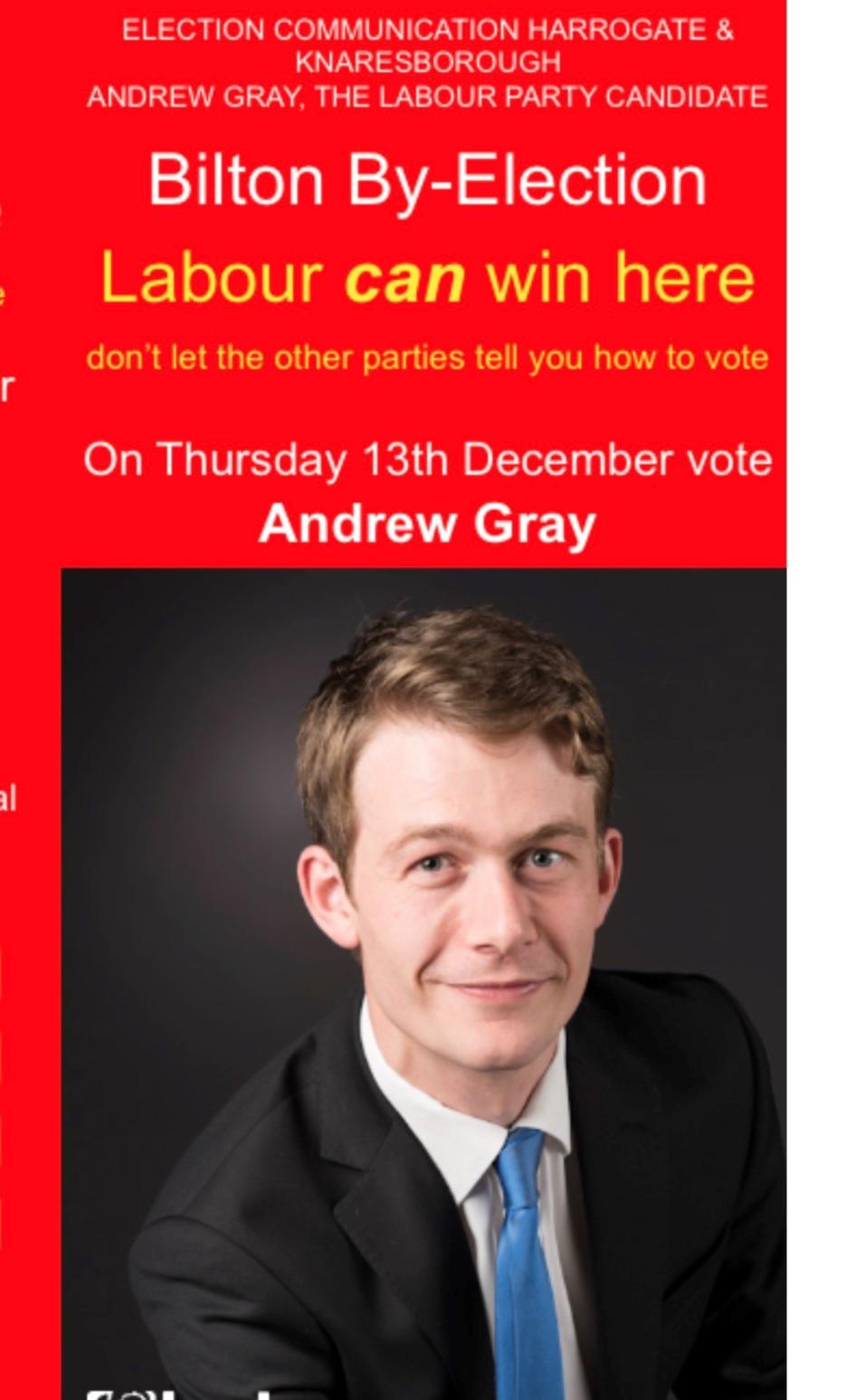Former British Chancellor George Osborne, who served between 2010-2016, was a brilliant political operator. However, he was the most damaging chancellor of my 44 years.
Brilliant, because when the International Banking Crisis of 2007-08 hit, he expertly blamed the collapse of the economy on the incumbent Labour Party.
“Labour spent too much,” said Osbourne, on repeat, so what’s needed is financial chemotherapy, he argued. Whereas the truth was that dodgy financial instruments and their incestuous regulators tanked the world economy, and that Osbourne had wanted to reduce regulation of UK financial institutions, which would have made the crash even more devastating.
The International Banking Crisis gave Osborne his political opportunity, and he didn’t waste it. With the political ground expertly prepared, with the public signed up to austerity, Osbourne implemented swingeing cuts to public services, for he believed in a small state.
You have to admire the genius of the politicking and detest the mischief.
An Anecdote on Legal Aid
By way of example of the impact of Osbourne’s cuts, in 2014, I needed to instruct a barrister to represent my client. As a solicitor, it’s your job to recommend barristers to your clients (something most solicitors forget: many solicitors instead select a barrister for their client as if the client has no choice in the matter), and then to negotiate a fee with the barrister’s clerk, and thereafter to instruct the barrister.
On this occasion, and quite unusually for me, I needed to instruct a barrister who mainly undertook Legal Aid work—i.e., legal work paid for by the state. But my case was a private-paying one.
I needed this top barrister for a challenging 3-hour hearing. In addition, he would have to travel for two hours to the hearing and two hours home. Plus, there were hundreds of pages of documents to read and digest, and several conference calls to undertake. In all, it was probably two days’ work.
When I explained the situation to the barrister’s clerk, I was quoted £180 inclusive of VAT. Read that again.
Assuming travel costs were £40 and if chambers took 20% of the fees, for the twenty hours of work that this top professional would have to undertake, he would be paid circa £90. This would have worked out at around £4.50 per hour. (As a junior Legal Aid barrister, Keir Starmer would have worked for similarly silly rates).
Given that I had advised the client that the fee was more likely to be in the region of £1000 plus VAT, I asked for permission from the client to renegotiate the fee with the clerk, for we needed the barrister to be properly prepared. This was the only time I had to do this in my career (normally a solicitor tries to negotiate a lower fee!).
Speaking to the clerk again, he explained that he was under the misapprehension that this was a Legal Aid case, rather than a private-paying one, and that £180 would have been the correct fee. So, a new, higher fee was agreed and everyone was happy. At the hearing, the barrister knocked it out of the park, and was grateful to be paid more than the National Minimum Wage. It was the correct decision to pay him properly.
This exemplifies the state of public-provided law, as facilitated by George Osborne – and that’s why so many Legal Aid lawyers have been on strike. But it wasn’t just the Ministry of Justice which had its budget slashed, other public institutions were also beggared. A recent example is that my teacher friends tell me that they have to buy their own posters for their classrooms because there is no budget for such “fripperies” in their state schools. Hence why they, too, have been on strike.
The Current Unpopularity
Fast forward ten years and we have the most unpopular government of my lifetime. Much of unhappiness is caused by the inflation-triggered Cost of Living Crisis. We should not forget – but I think that we have – that the taxpayer-funded furlough paid for circa 12 million people to do next to nothing for over a year, not to mention all other money spent on Covid loans (which I wrote about for The Yorkshire Post at the time) and dodgy PPE contracts.
And as surely as night follows day, the only economic guarantee post-Covid – regardless of who was in charge – was to be a dramatic spike in inflation, creating a Cost of Living Crisis. And, hey presto, that’s precisely what’s happened.
Yet this time, the politically in-astute Prime Minister Sunak failed to prepare the political ground. To accompany his announcements, and to be repeated at every opportunity by all Conservative MPs ad nauseum, was that the economic cost of the largess would be that inflation will soar, and that the public should prepare accordingly.
We needed to be told that the inevitable and forthcoming post-Covid Cost of Living Crisis was to be the the fault of a virus, not the Conservative Party.
A Lesson in Political Communication
Perhaps Sunak’s inability to communicate such a simple iron law of economics is reason enough for his defenestration. Osborne wouldn’t have made that error – I can tell you that for sure – but I doubt that Sunak would have been so brutal with austerity.
(Photo is of Wedderburn House, near to my home in Harrogate, home to a previous Chancellor from 1793 to 1801.)










